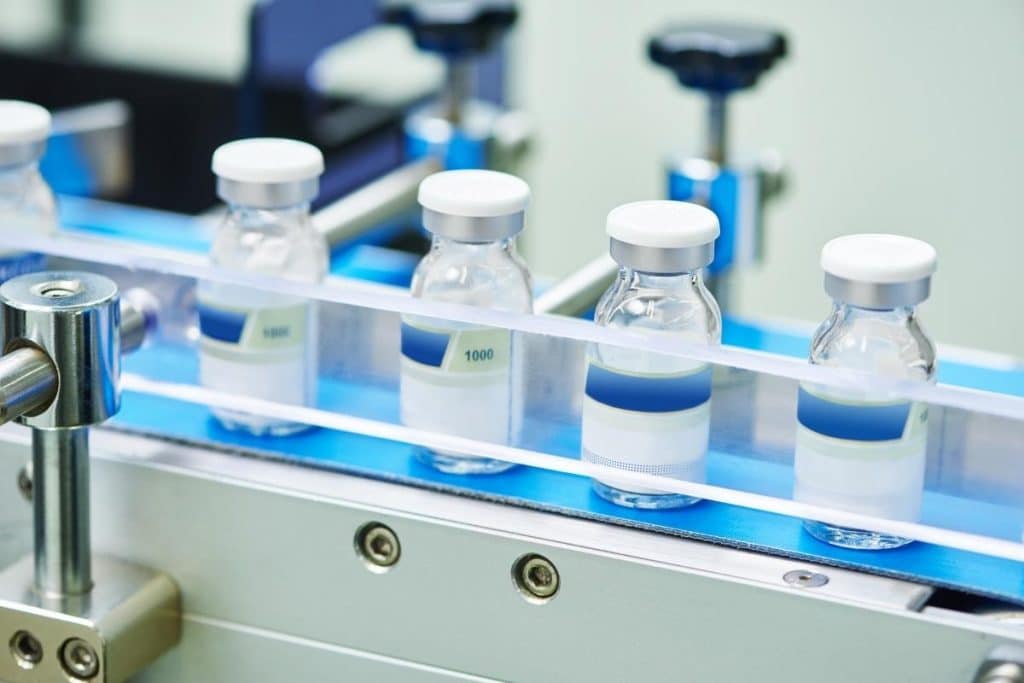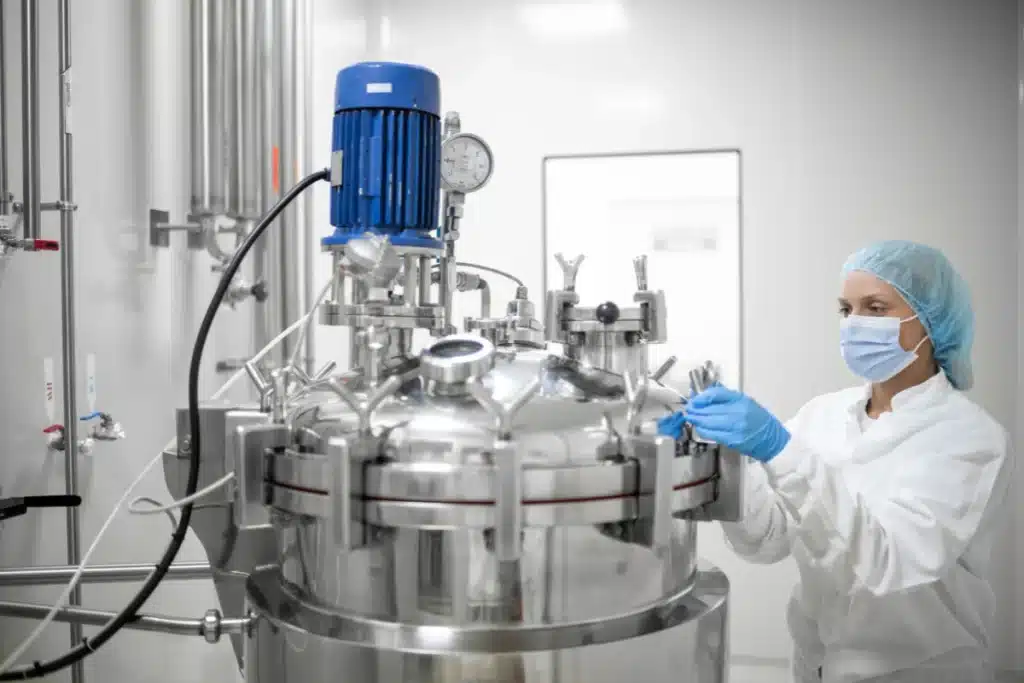The pharmaceutical industry has significantly grown after the pandemic. More pharmaceutical companies continue to embrace ERP and CRM tools to maximize their growth potential and achieve company objectives. These tools boost your firm’s efficiency by facilitating seamless connections to all stakeholders, from medical affairs to manufacturing and supply chain functions. This article explains why and how you should consider scaling your pharmaceutical business through ERP.
What is Pharmaceutical ERP?
Pharmaceutical ERP involves more than integrating and consolidating your manufacturing process. It consists in helping your business track sensitive operations across the organization to maintain normal business operations. These operations range from expiry management, formulation, compliance, and cost. The best way to expand your business operations is through a high-quality ERP.
Why Use ERP to Scale Your Pharmaceutical Business?
To Meet Compliance Requirements
The pharmaceutical environment is an industry with the highest number of compliance requirements. You must meet specific quality and regulatory compliance to lawfully operate within the industry’s boundaries. The FDA, Bioterrorism Act, and cGMP are popular legal requirements expected from all pharma manufacturers.
An effective ERP system eliminates most human errors in the process, guaranteeing higher-quality results. It also ensures you meet all your legal obligations, keeping you on the right side of the law. No longer will you compromise your audit trails, workflows, quality control, and assurance.
To Support Commercialization and Clinical Trials
Pharmaceutical manufacturers identify a product’s effectiveness and lifespan by conducting extensive clinical trials and sample tests. It is an integral function in these businesses and significantly determines the success of their manufacturing process. Your company should consider pharmaceutical ERP to promote quality processes and well-documented trial records.
A centralized database helps store all this information; you can access it anytime. Pharmaceutical ERP also provides product sampling results for your customers. The system handles your business’s record-keeping, customer communication, and cost tracking.
To Help Manage Inventory Levels
Inventory is the backbone of every business, including pharmaceutical firms. However, pharma companies find it challenging to track all the materials received and dispatched. An ERP system means automating your inventory records, guaranteeing easier bookkeeping, and effectively reducing waste and losses. You are better positioned to identify materials for production, administer direct stock, set targets, and provide stock-level reports.
To Enforce Quality Control
Quality is as significant in ERP systems as it is in pharmaceuticals. Integrating pharmaceutical ERP into your business will incorporate a more effective production process guaranteeing high-quality output. The pharmaceutical ERP effect spreads to all the departments involved, from manufacturing to the supply chain. Every company looking to grow its pharmaceutical operations should consider enforcing ERP practices to facilitate quality control and assurance.
To Automate Batch Processes
Pharmaceutical companies use batch production to develop and distribute their products. An ERP system in your operations can guarantee accurate information on every batch produced and help standardize your entire manufacturing process. You can analyze batch activity and the materials used by accessing the company’s database through automatic system checking.
Transparency
ERP plays a significant role in promoting traceability and transparency in the pharmaceutical industry. These systems standardize the manufacturing process and track the manufactured batches. You can know all the information regarding a specific batch number from its raw materials to its finished product through serialization, lot tracking, and tracing. The system also helps audit recalled products by providing accurate data on every batch produced.
To Facilitate Proper Document Management
Keeping all your information well-documented is essential in the highly-regulated pharmaceutical industry. ERP helps record and store all the information to help with future audit checks and analyses. The system guarantees to keep all your data organized and in a manner that will allow seamless operations.
To Identify Profitable Opportunities
Every business looking to grow its operations should understand how to identify profitable opportunities early. Integrating an ERP and CRM system will allow you to track down company-specific opportunities from the thousands of leads available. You can maintain more healthy customer relationships by customizing your communication channels and keeping them updated. From these opportunities, you can find a boost to scale your pharmaceutical business.
To Prepare Your Business for the Future
You can prepare your pharmaceutical business for the future by integrating an effective ERP system into its operations. Nobody knows the future of their business, but pharmaceutical ERP will ensure you are ready for anything. It allows you to keep up with current trends in your field, giving you a relatively accurate idea of what might come next.
How Will ERP Benefit My Pharmaceutical Business?
Promotes Connection with Your Customers
CRM and ERP tools encourage your team to develop more valuable relationships with your client pool, benefiting your business significantly. These practices guarantee happy customers and satisfied customers always bring along others. You are increasing your growth pace and potential by creating healthy connections with the patient, manufacturer, and other stakeholders. Salesforce is an excellent CRM tool to consider for improved customer relations in your pharmaceutical business.
Make Better Company Decisions
Pharmaceutical ERP ensures your business leverages all the AI insight data collected and allows you to make more informed decisions. These insights are the key to growing your business. The majority of the players in the pharma industry believe AI and healthcare will be inseparable by 2025. AI allows pharma manufacturers to optimize clinical trials and accelerate drug recovery. It also helps grow businesses by enabling them to interpret insights effectively.
Security
The pharma industry also requires efficient security in its operations. These companies invest heavily in conducting research and development initiatives to keep the information collected safely. Some research projects take years, while others touch on sensitive data.
An effective ERP system helps limit access to confidential information, promoting security effectively. A security breach in pharma companies can prove catastrophic for many industry players.
Conclusion
It is time you consider ERP for your pharmaceutical business. It will help your business adapt to the changing pharma environment and make you an indispensable part of the industry. GoldFinch ERP and Salesforce CRM make the perfect combination to scale up your pharmaceutical business in the modern business world. Contact us to learn more.



